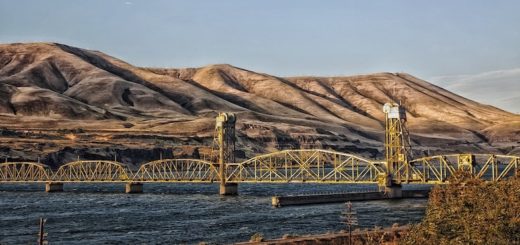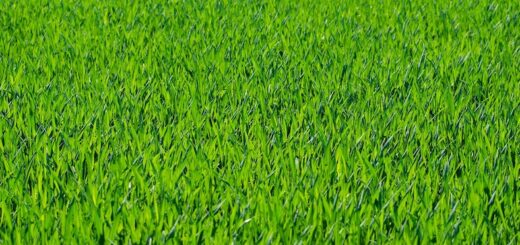Stranger in a Strange Land

On our way to the Washington coast from the eastern part of the state, we stopped in the town of Connell to get lunch. Connell is not much more than a speck in a sea of endless wheat fields. The first time I drove through that part of the state, I wrote it off it as having no redeeming qualities — but over the years I’ve become aware of a great beauty in the rise and fall of the land, punctuated by Volkswagen-sized stones, called erratics, left behind when the great Missoula floods raced through here millions of years ago. Connell’s not a place to find much of anything to eat but we were hungry, and settled for a convenience store with a Skippers seafood franchise and a couple of picnic tables on a concrete slab outside the front door. We looked at the menu, posted with crooked black plastic letters on a white lined reader board above the cash register. A man hurried over and said in heavily accented English, “I can show more menu if you like.The shrimp is good. I make very good shrimp.” I turned to see a small dark smiling man, holding out a laminated piece of paper. From his distinctive head covering, I judged him to be Sikh and I wondered how in the world an elderly Sikh man ended up in the middle of the wheat fields in Connell. I asked where he was from. His English was not totally understandable but what he lacked in fluency, he made up for with hospitality. He said he came from the far northern part of India, an area I’ve heard is beautiful and where I’ve long had a desire to visit. People who are not native English speakers often seem to be challenged by the subtle difference between the words “can” and “could” in our language and when I expressed my wish to someday see India, it seemed as though he were giving me permission. “You can go there,” he said with an even bigger smile. And then, I’m not one hundred percent sure, but he may have said he would arrange for me to stay with his aunt.






